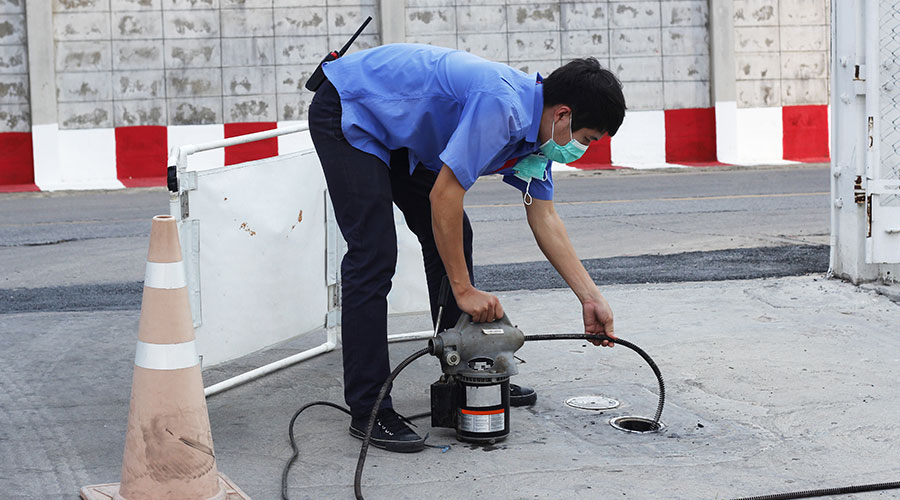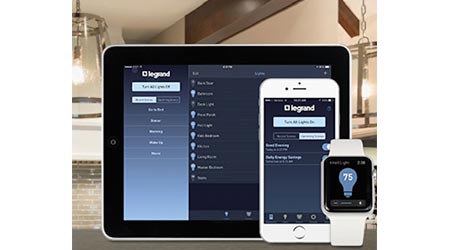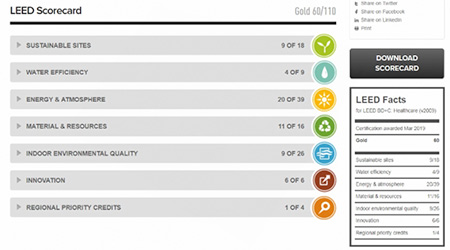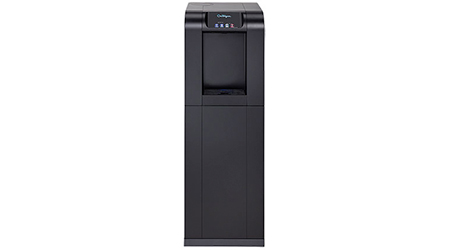« Back to Facilities Management News Home
« Plumbing & Restrooms
New Tool Aids in Preventing Legionella Growth
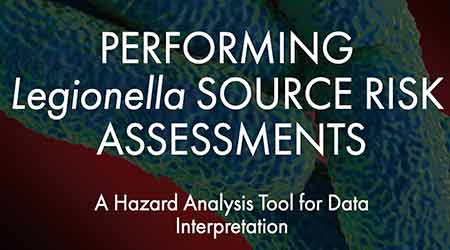
A groundbreaking hazard analysis formula showcased in the April 2019 issue of The Synergist, the magazine of the American Industrial Hygiene Association, is expected to significantly aid users in preventing Legionella growth in buildings' water systems. Designed by J. David Krause, Ph.D., MSPH, CIH, vice chair of AIHA's Indoor Air Quality Committee and a nationally known expert in toxicology, public health and risk assessment, the tool evaluates the combined effectiveness of control measures used to prevent Legionella and other waterborne pathogens.
Recommendations to prevent Legionella growth in buildings' water systems involve periodically measuring water temperatures, disinfectant or chlorine levels and other parameters. But the amount of data that water management programs generate can be overwhelming, and few tools are available to analyze the numerous variables used to assess these water systems.
A 2017 requirement from the Centers for Medicare and Medicaid Services requires all health care facilities to implement programs to prevent waterborne diseases, including Legionnaires' disease. Along with the American Society of Heating, Refrigerating and Air-Conditioning Engineers (ASHRAE) 188-2018 standard, Legionella risk assessments must be performed in a wide array of buildings regularly to prevent outbreaks of disease.
To address this challenge, Krause developed a model that allows users to evaluate a water system's susceptibility to Legionella amplification, prioritize corrective actions or improvements for systems found to be at high risk and validate the effectiveness of control measures. Using the model, occupational health professionals, facility managers and building owners, as well as water management teams, can make evidence-based decisions on the allocation of time, personnel and resources to manage their water systems for Legionella.
"The cost of implementing a water management program to prevent a Legionnaires' disease outbreak can be budget busting, but not having one can cost lives and the reputation and trust of a health care facility," Krause said. "The first step in building a program that is both protective and cost effective is to perform a facility-wide risk assessment."
Rates of Legionnaires' disease across the United States continue to rise dramatically. Since 2002, the number of cases has increased fivefold. In 2018, 8,453 cases were reported to the Centers for Disease Control and Prevention, a 13 percent increase from the previous year. People who are at greatest risk of contracting Legionnaires' disease include the elderly, people with suppressed immunity, smokers (current and former) and frequent travelers. Experts consider June through October to be "Legionella season" due to increased reporting of disease and possibly rising temperatures.
While Krause's formula is intended to help professionals, he also has a few tips for consumers. In particular, Krause warns that well-meaning but inexperienced or untrained consultants can make an already bad situation worse.
"The absolute worst time to find, interview and vet a consulting expert is during the throes of a disease outbreak," Krause said. "There are currently no credentials, licenses or certifications that ensure a professional has any expertise in assessing, finding or mitigating Legionella sources. Bad advice or guidance from an ill-informed consultant can prolong an outbreak investigation, fail to find sources or even increase the chances of more people contracting the disease. Facilities should include in their water program contingency plans for an outside consultant who has been vetted and is familiar with the facility and local public health agencies."
On May 23, Krause and his colleagues will present a professional development course at the American Industrial Hygiene Conference and Expo in Minneapolis, Minnesota, on the tools needed to perform Legionella risk assessments for buildings' water systems. Course topics include conducting a Legionella risk assessment; measuring water quality, disinfectant levels, pH, temperatures and other parameters; and planning for initial, routine and outbreak assessments of buildings' water systems. Case studies and video footage will be used to demonstrate specific techniques, methods and analyses.
More From 4/18/2019 on FacilitiesNet







